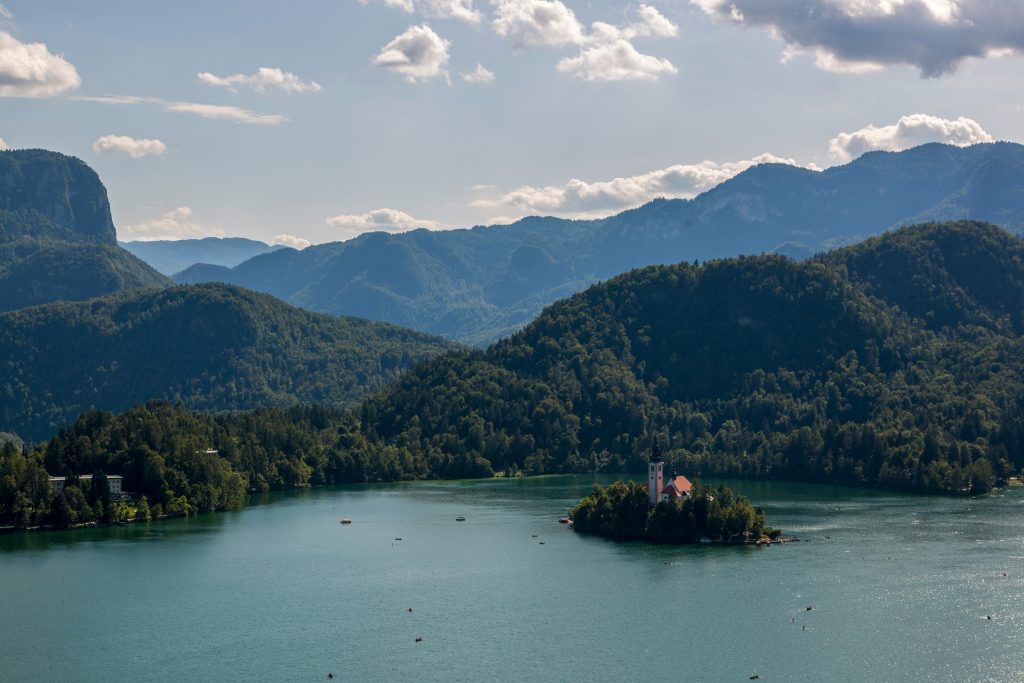In today’s fast-paced world, the concept of mindful travel has emerged as a powerful antidote to stress and digital overload. Mindful adventures focus on being fully present, cultivating self-awareness, and connecting deeply with nature and local cultures. Travelers are increasingly seeking destinations that provide these immersive, reflective experiences, combining relaxation, education, and personal growth. This article explores current trends in mindful travel, highlighting destinations and strategies that allow travelers to enrich their mental, emotional, and spiritual well-being while experiencing new cultures.

Understanding Mindful Travel
Mindful travel prioritizes intentional experiences over the typical checklist-style approach. It encourages travelers to slow down, engage fully with surroundings, and embrace learning and reflection. This trend is closely linked to the broader wellness travel movement, which the Global Wellness Institute estimates will reach a market value of $1.1 trillion by 2025 (Global Wellness Institute, 2023). Key elements of mindful adventures include:
- Immersion in nature: Spending time in natural environments enhances mental clarity and reduces stress.
- Cultural connection: Engaging with local communities fosters empathy, understanding, and meaningful experiences.
- Self-reflection practices: Meditation, journaling, and wellness activities help travelers process experiences and maintain balance.
Emerging Trends in Mindful Travel
Recent years have seen several trends shaping the growth of mindful travel experiences:
1. Nature-Integrated Destinations
Travelers are seeking locations where natural landscapes encourage relaxation and presence. National parks, coastal retreats, and forested areas provide opportunities for both physical activity and mental rejuvenation.
- Forest bathing (Shinrin-yoku): Originating in Japan, this practice emphasizes slow walks in the forest to reduce stress and enhance well-being.
- Eco-retreats: Sustainable lodges and resorts offer immersive natural experiences while promoting environmental responsibility.
- Adventure with reflection: Hiking, kayaking, or cycling tours that include mindfulness exercises are becoming popular (National Geographic, 2023).
2. Wellness-Centric Resorts and Retreats
Modern wellness retreats combine relaxation with learning and personal growth. Beyond traditional spa services, these retreats offer programs in yoga, meditation, nutrition, and creative workshops.
- Holistic wellness programs: Retreats in Bali, Costa Rica, and Thailand offer integrated experiences designed to enhance both physical and mental health.
- Digital detox offerings: Many resorts encourage disconnecting from devices to enhance focus, presence, and connection with the environment.
- Personalized experiences: Guests often receive customized wellness plans, combining physical activity, mindfulness practices, and cultural immersion (Forbes Travel Guide, 2023).
3. Cultural and Community Engagement
Mindful travel increasingly emphasizes ethical tourism and cultural learning. Travelers are exploring experiences that allow them to connect meaningfully with local traditions, artisans, and communities.
- Volunteer tourism: Opportunities to contribute to local projects, such as reforestation or education initiatives, provide purposeful travel experiences.
- Culinary experiences: Cooking classes and farm-to-table experiences promote understanding of local culture and sustainable food practices.
- Traditional arts and crafts: Engaging in local arts, music, or rituals fosters appreciation for diverse cultural expressions (Travel + Leisure, 2023).
4. Mindfulness and Reflective Practices
Integrating mindfulness into travel itineraries enhances the overall experience. Many destinations now offer guided meditation, journaling workshops, or mindful walking tours.
- Guided meditation sessions: Available at resorts, urban retreats, and natural sanctuaries, these sessions provide tools for stress reduction and presence.
- Mindful excursions: Walking tours, nature hikes, and water-based activities can include reflective exercises to enhance awareness.
- Journaling and creative reflection: Structured writing and artistic activities help travelers process and internalize experiences.
Top Destinations for Mindful Adventures
To provide concrete examples, here are several destinations gaining popularity for mindful travel experiences:
1. Kyoto, Japan
Kyoto is renowned for its serene temples, zen gardens, and cultural depth. Travelers can participate in meditation sessions in historical temples, explore bamboo forests, and engage in traditional tea ceremonies that encourage presence and reflection.
2. Costa Rica
Costa Rica’s rich biodiversity and eco-friendly resorts make it ideal for nature-based mindfulness. Activities such as guided rainforest hikes, wildlife observation, and sustainable farm tours allow travelers to connect deeply with the environment while practicing mindfulness.
3. Bali, Indonesia
Bali has become synonymous with wellness travel. Retreat centers offer yoga, meditation, and holistic healing programs amid lush landscapes. Bali’s cultural experiences, including traditional dance and artisan workshops, add depth and authenticity to mindful travel.
4. Sedona, Arizona, USA
Sedona’s red rock formations, vortex sites, and wellness-focused resorts attract travelers seeking introspection and spiritual growth. Meditation walks, energy healing sessions, and stargazing activities create opportunities for reflection and connection with nature.
5. Tuscany, Italy
Tuscany blends scenic landscapes with cultural immersion. Mindful experiences include vineyard tours with meditation breaks, cooking classes with local chefs, and leisurely exploration of historical towns, all emphasizing savoring the moment and engaging fully with surroundings.
Practical Tips for Mindful Travel
Mindful adventures are more rewarding when travelers adopt intentional strategies:
- Plan deliberately, not excessively: Avoid cramming itineraries; prioritize experiences that allow for presence and reflection.
- Incorporate wellness practices: Include meditation, yoga, or mindful walks in your daily schedule.
- Disconnect from technology: Limit phone use to capture moments rather than distract from them.
- Engage with local culture: Seek immersive experiences with local artisans, culinary experts, and communities.
- Maintain flexibility: Allow room for spontaneous exploration and reflection.
- Keep a travel journal: Document observations, insights, and feelings to process experiences meaningfully.
Benefits of Mindful Travel
Mindful travel offers tangible benefits beyond leisure:
- Enhanced mental well-being: Reduced stress, anxiety, and mental fatigue through immersive experiences.
- Improved self-awareness: Reflection and mindfulness practices foster clarity and personal growth.
- Stronger cultural empathy: Deep engagement with local communities cultivates understanding and respect.
- Sustainable travel habits: Mindful travelers tend to prioritize ethical and environmentally responsible tourism.
Challenges and Considerations
While mindful travel is enriching, travelers should be aware of potential challenges:
- Accessibility and cost: Retreats and wellness programs can be expensive or located in remote areas.
- Over-commercialization: Some destinations may market “mindfulness” without authentic practices.
- Travel fatigue: Long journeys and packed schedules can counteract the benefits of mindfulness.
- Cultural sensitivity: Mindful travelers must respect local customs and traditions to ensure meaningful engagement.
Conclusion
Mindful adventures are more than a trend—they reflect a deeper shift in how people approach travel. By prioritizing presence, self-awareness, and meaningful engagement with nature and culture, travelers can transform journeys into experiences that promote growth, well-being, and connection. The future of travel is not just about destinations, but about how we engage with the world and ourselves. As mindful travel gains momentum, adopting intentional strategies, selecting wellness-focused destinations, and embracing reflective practices will help travelers cultivate enriching, memorable experiences.
References
- Global Wellness Institute. (2023). Global Wellness Economy: Wellness Tourism. https://globalwellnessinstitute.org/
- National Geographic. (2023). Mindful Travel and Nature Immersion. https://www.nationalgeographic.com/
- Travel + Leisure. (2023). Cultural and Mindful Travel Experiences. https://www.travelandleisure.com









